RESIDUE
Clarence School House Art Gallery - Hobart
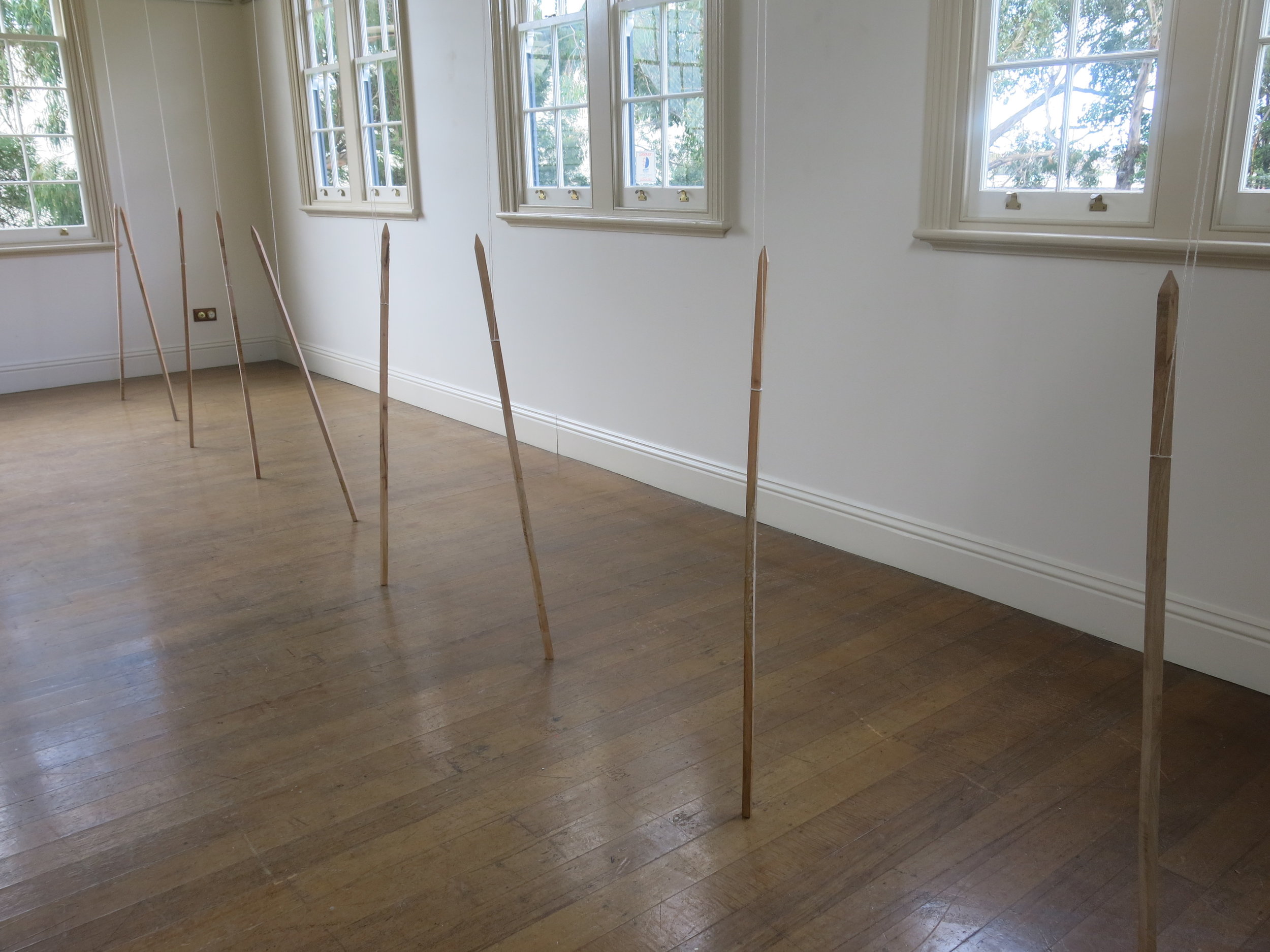
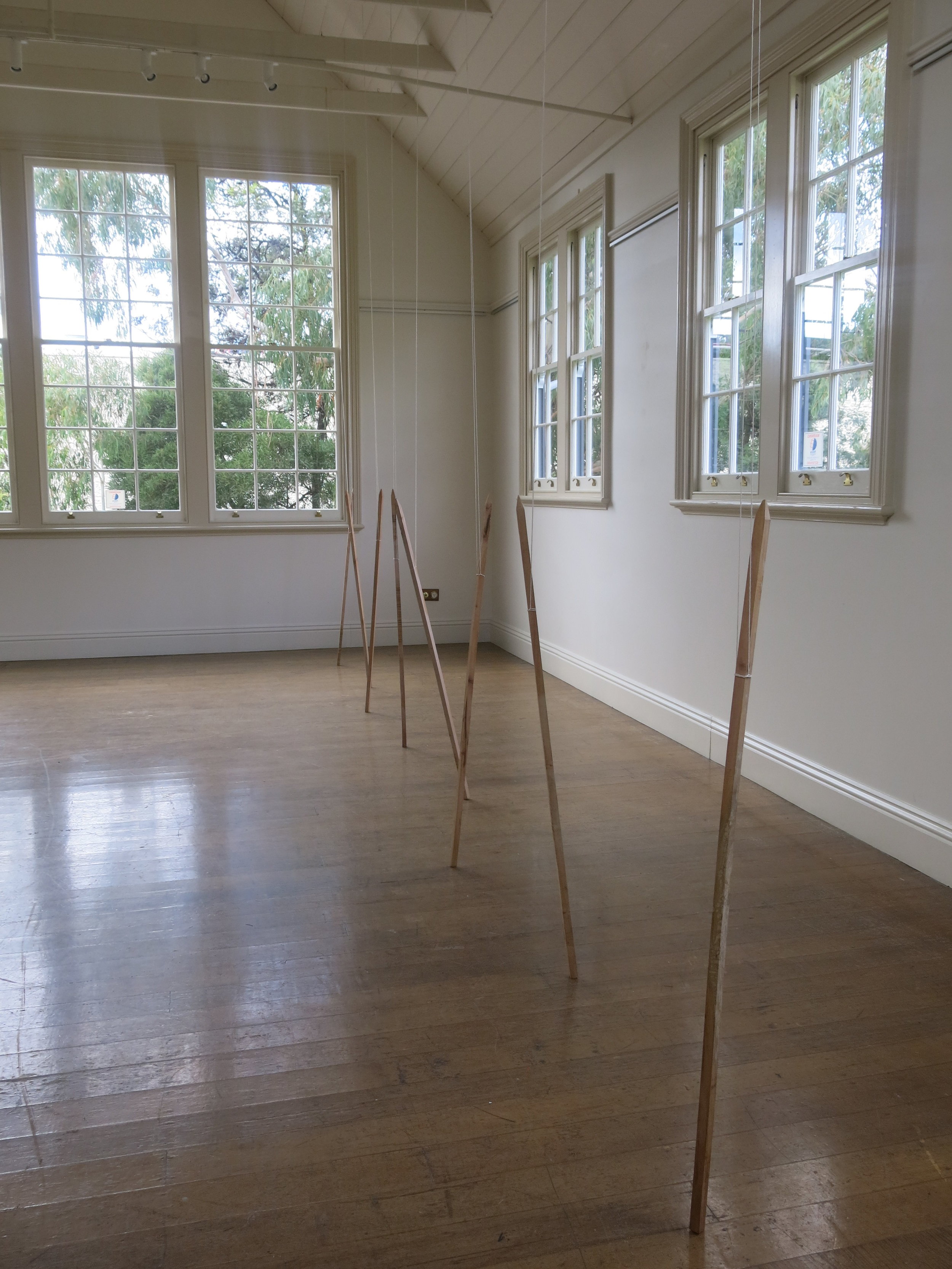

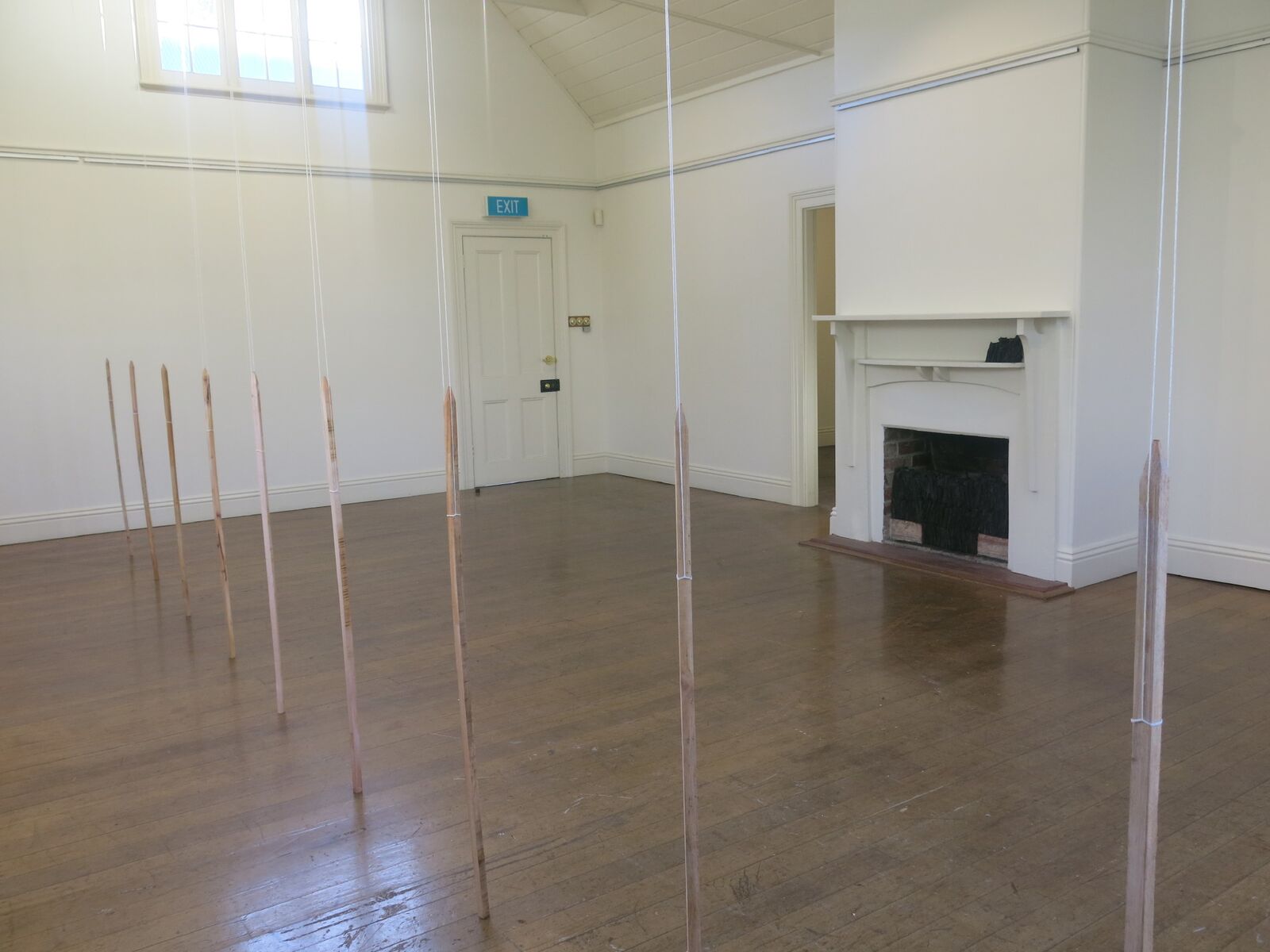
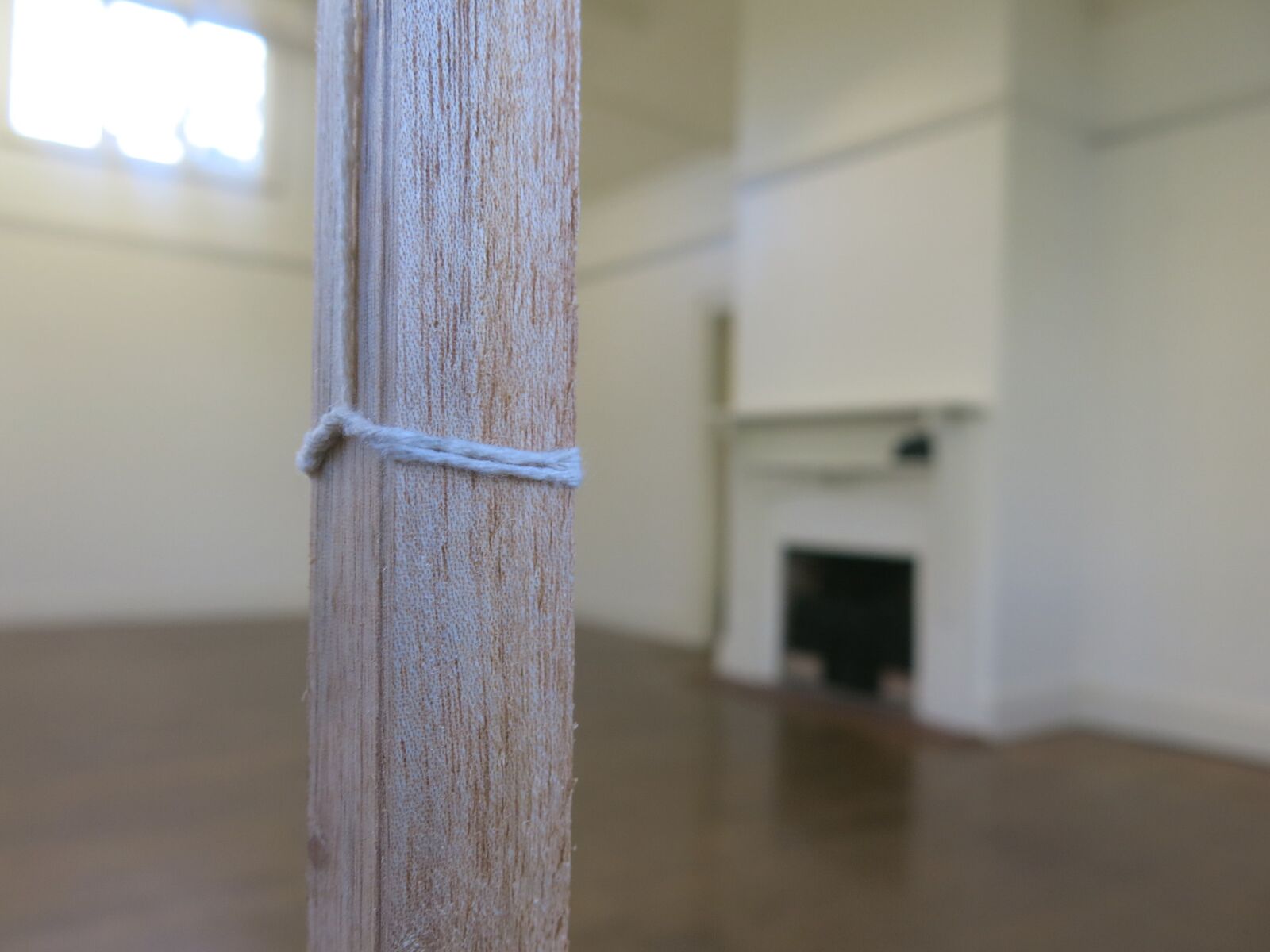
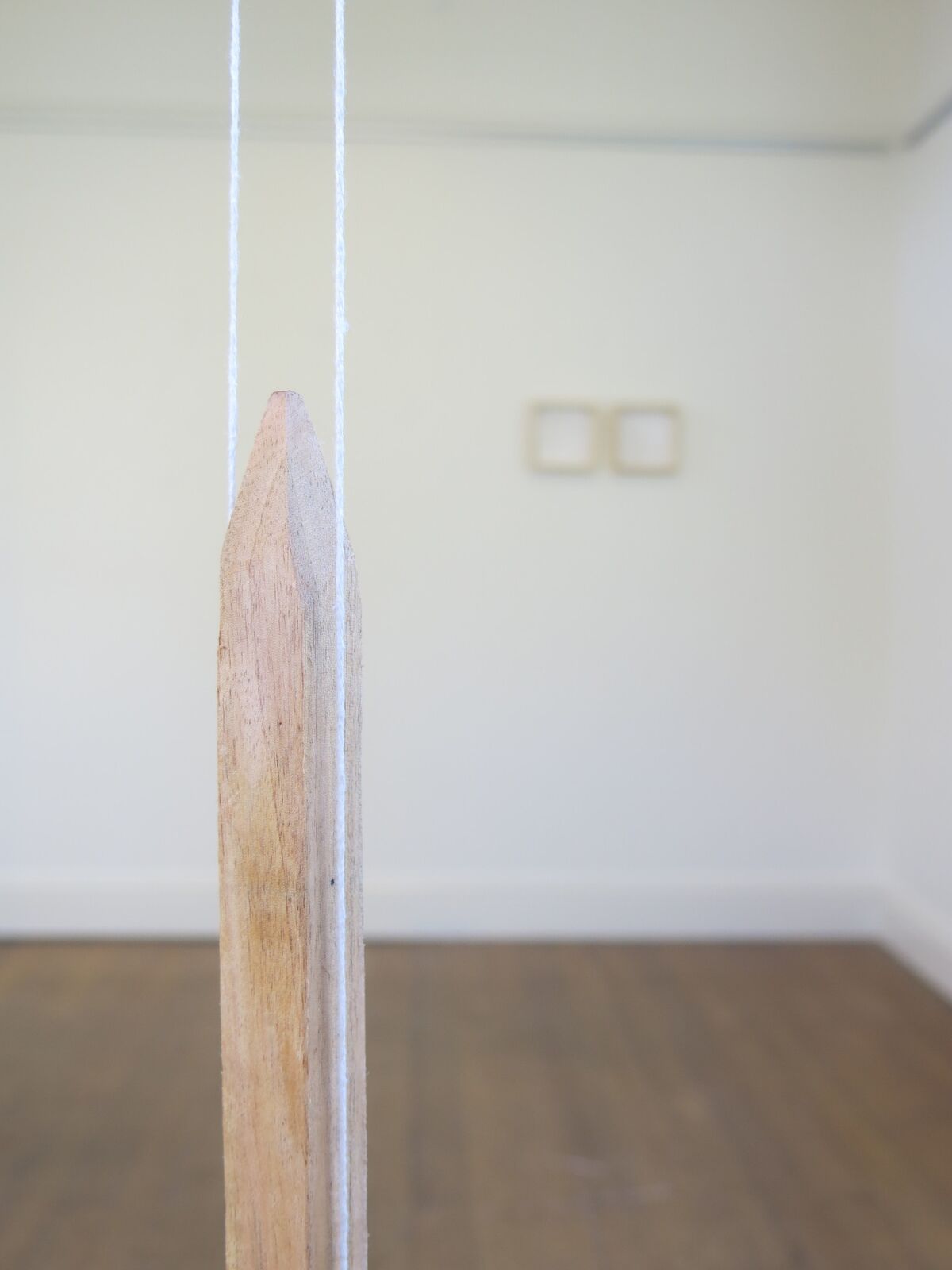
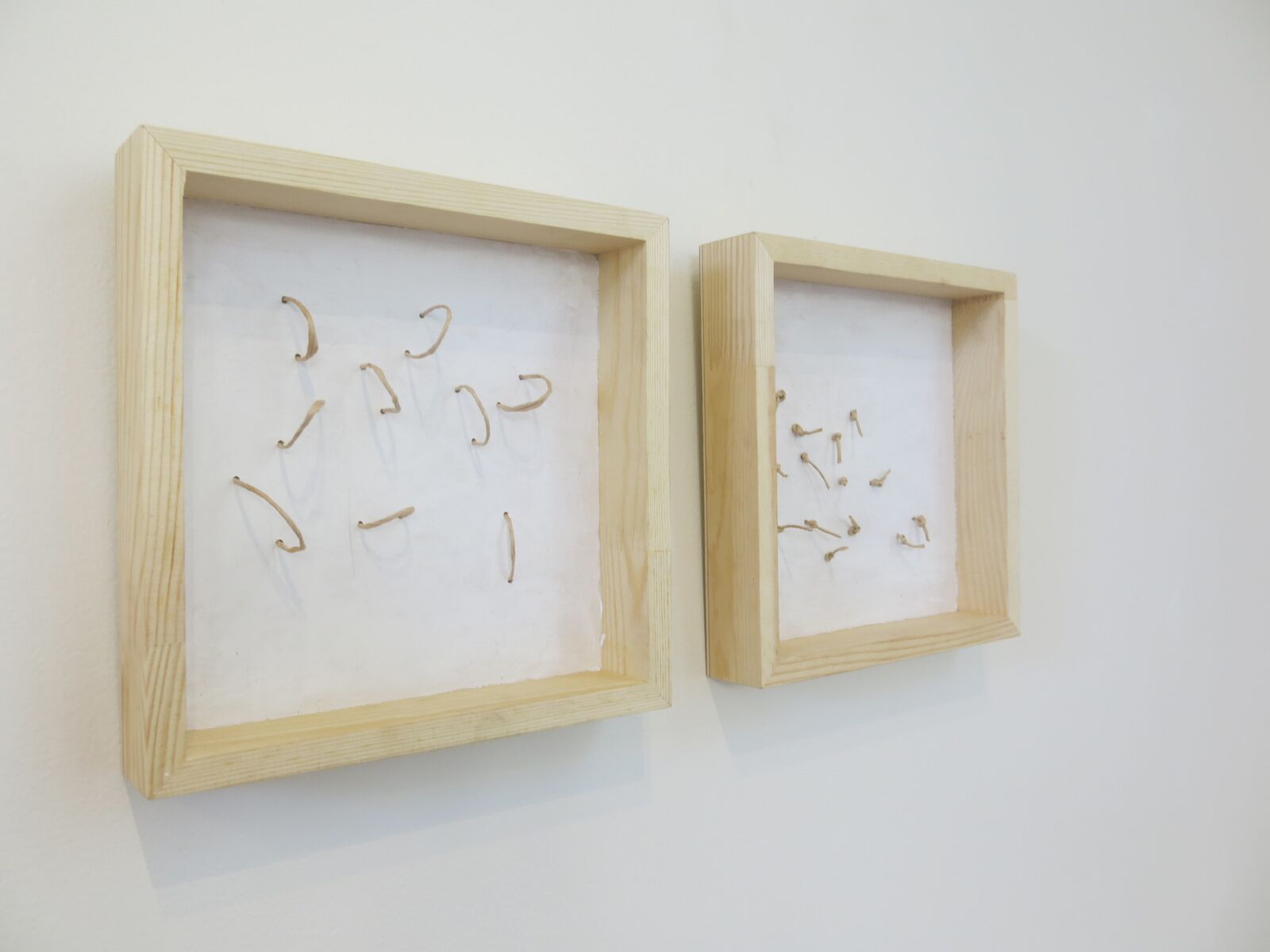
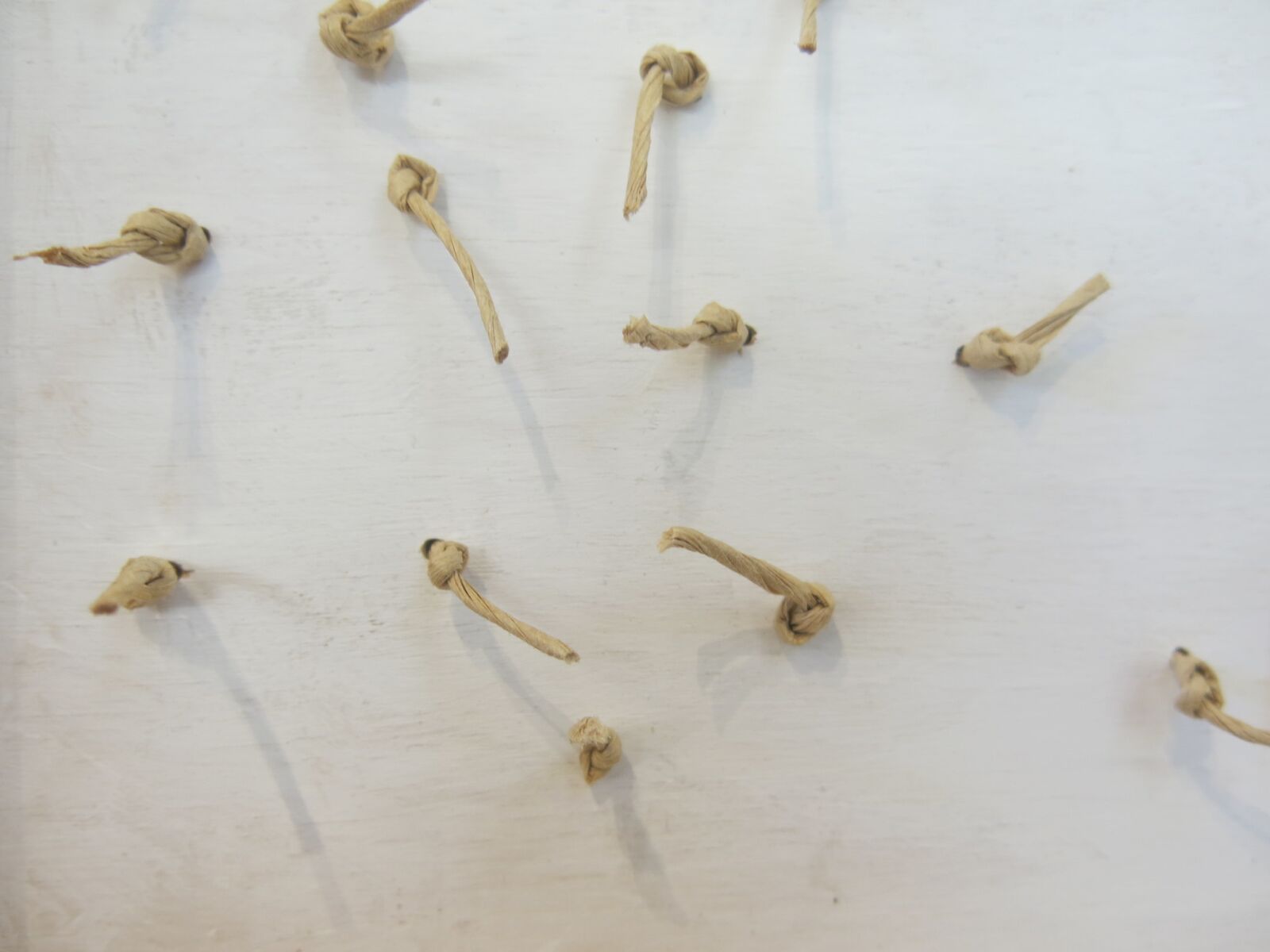
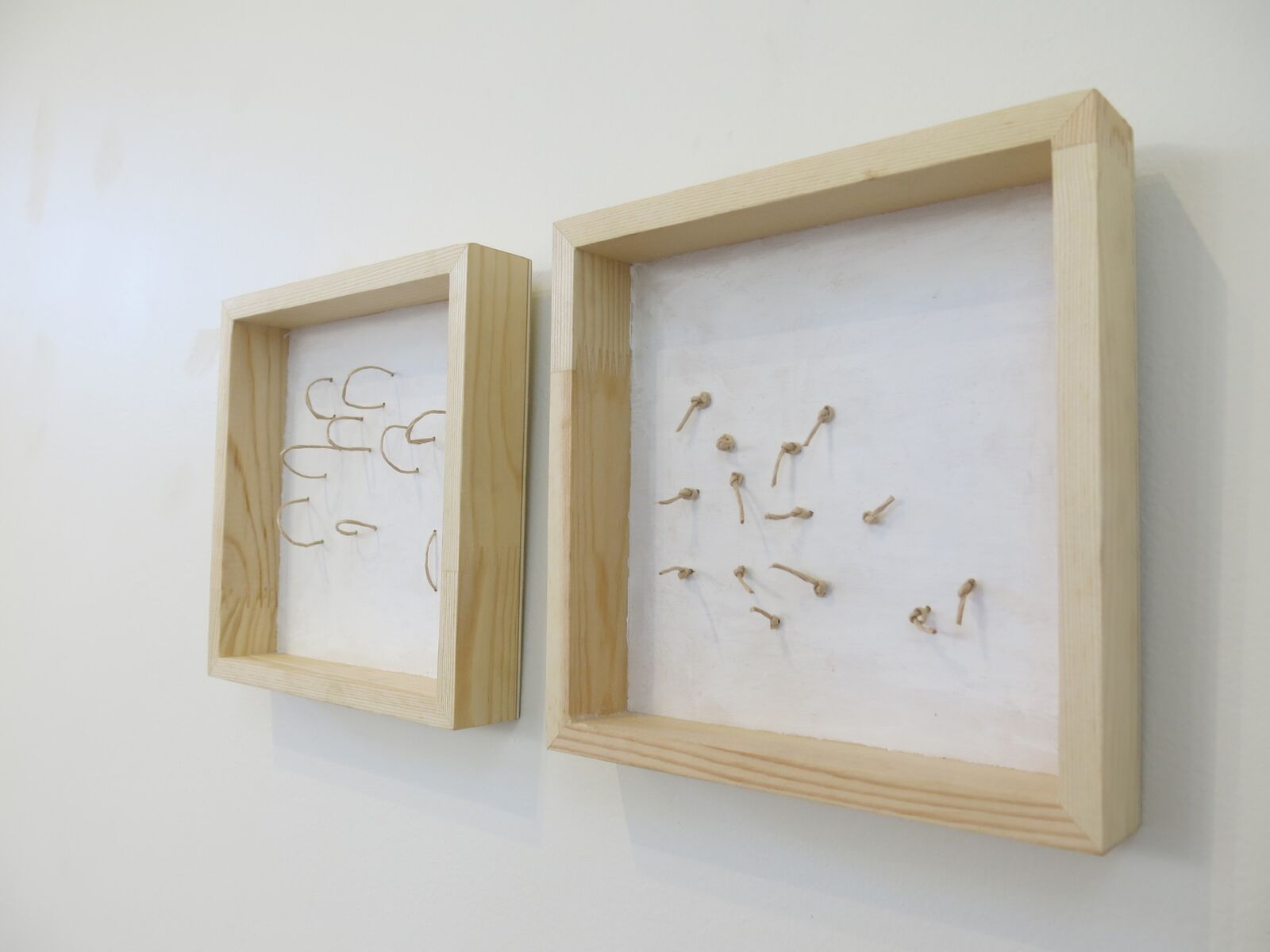
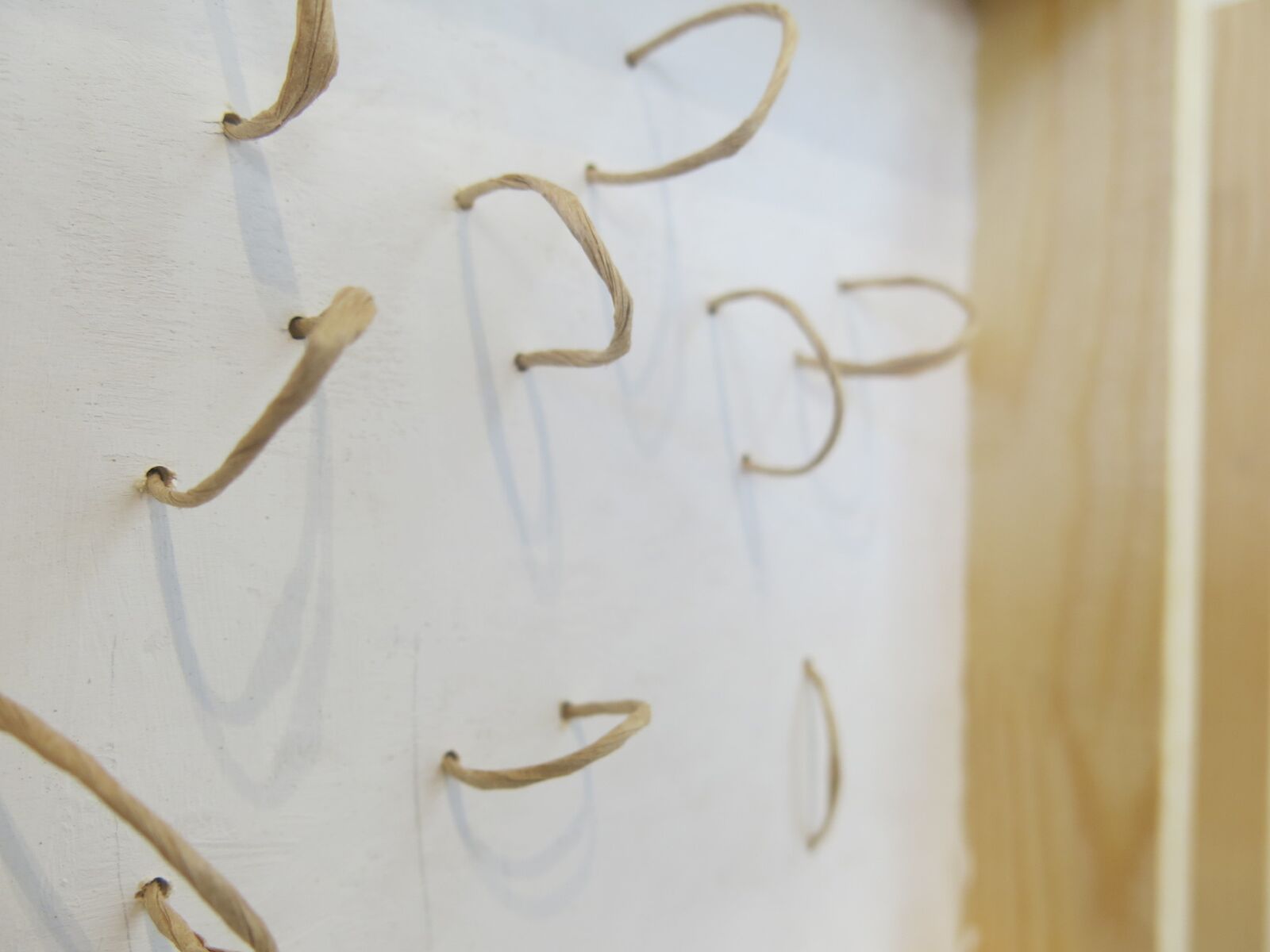
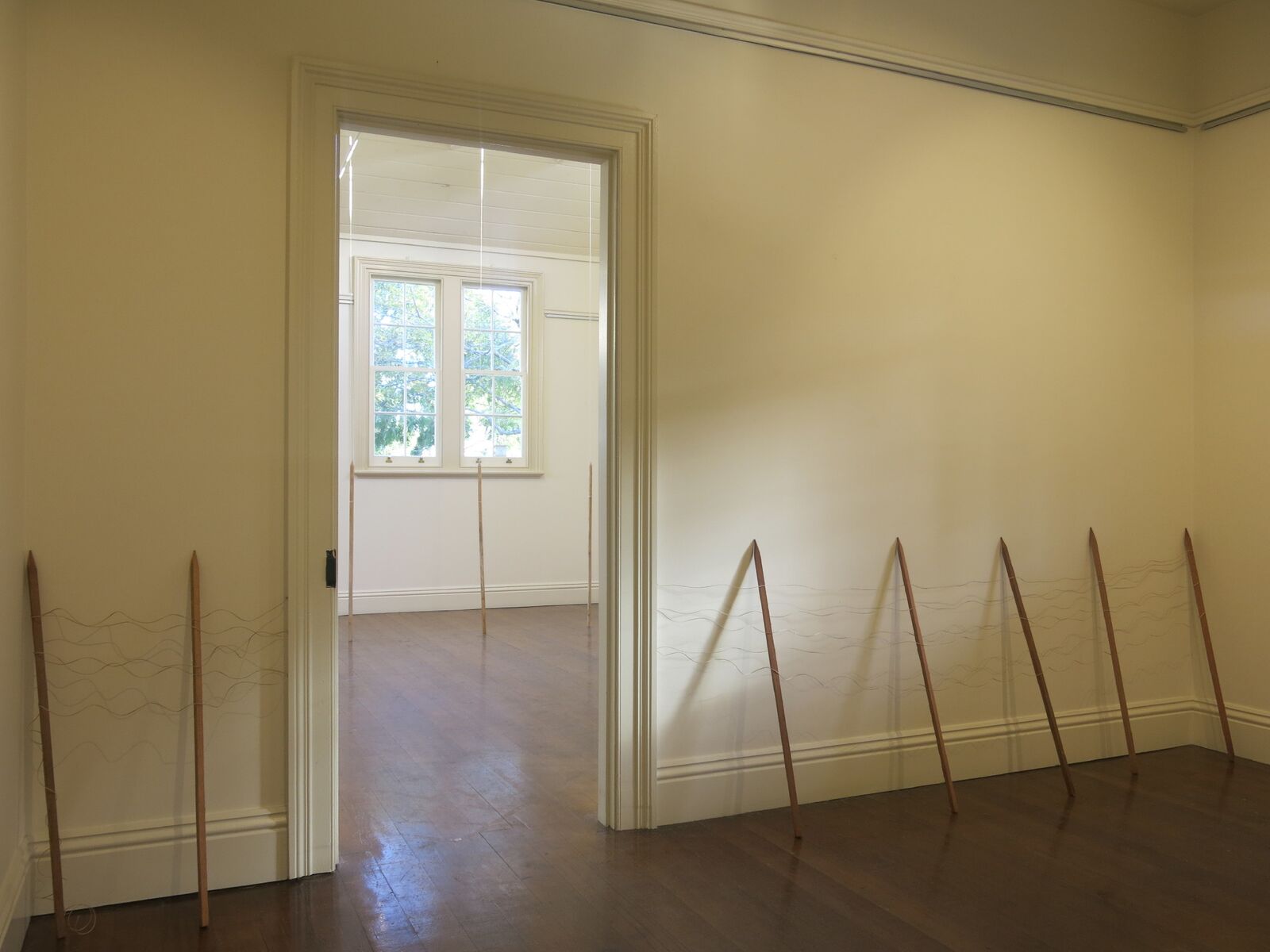
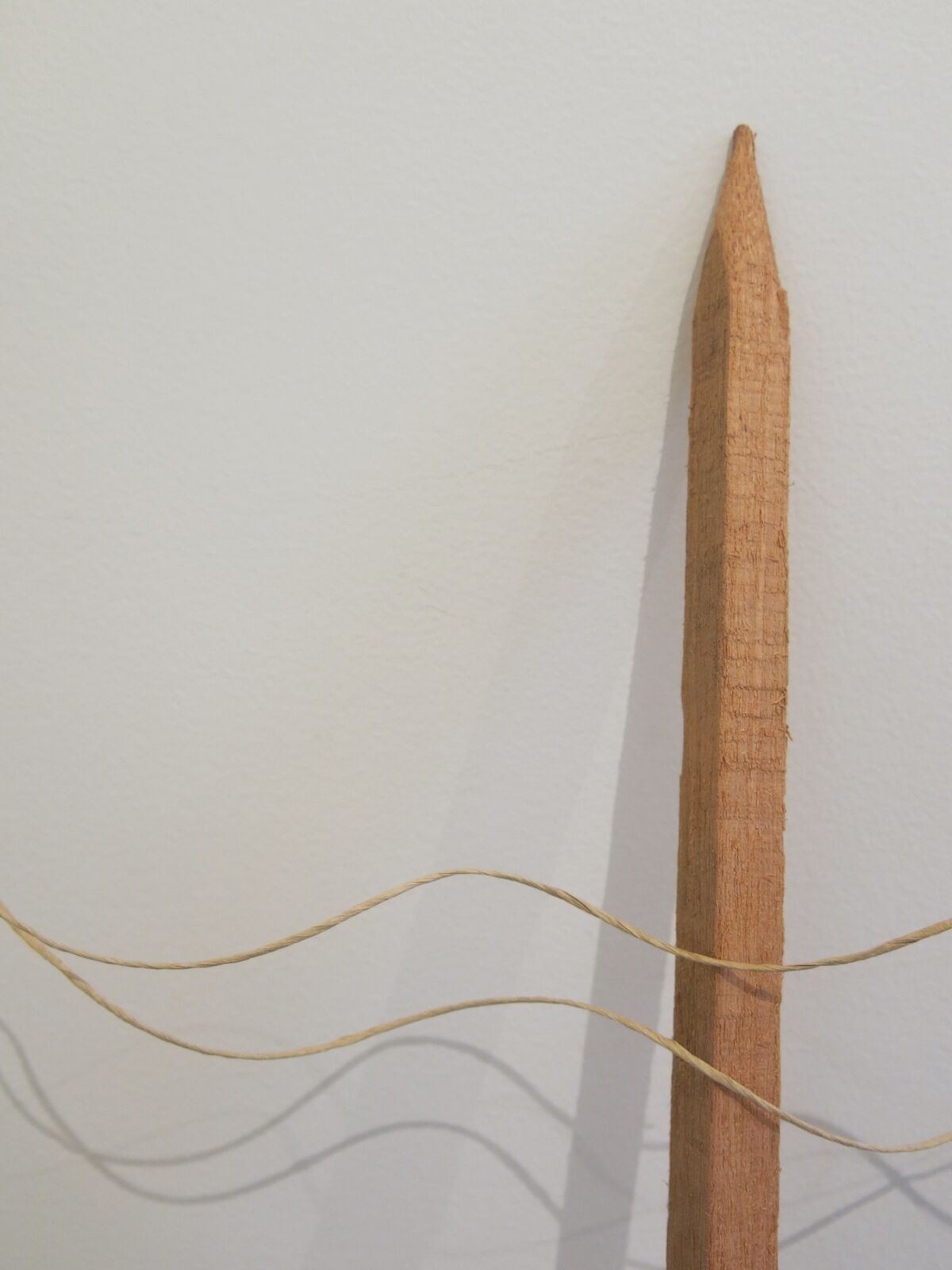
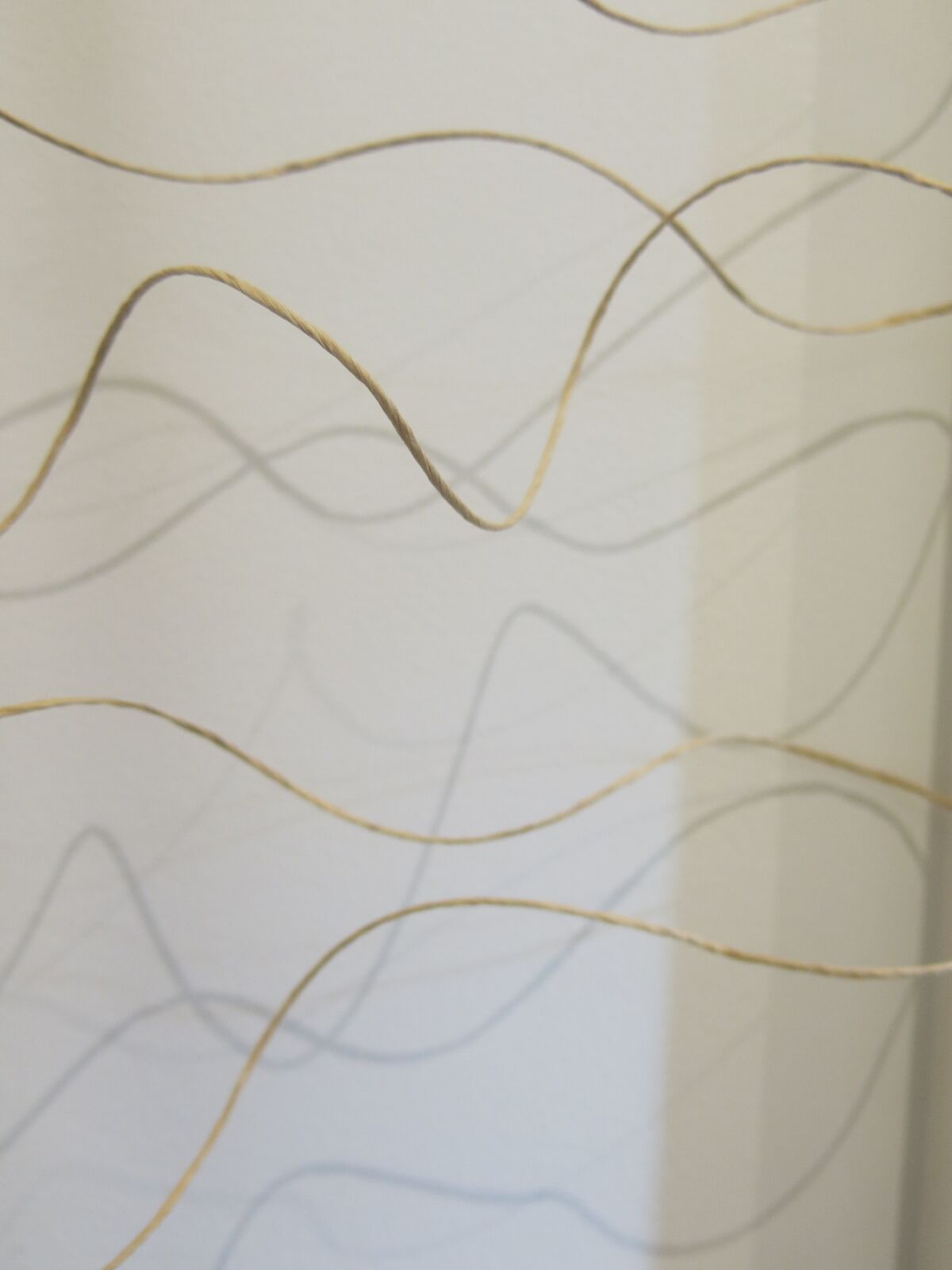
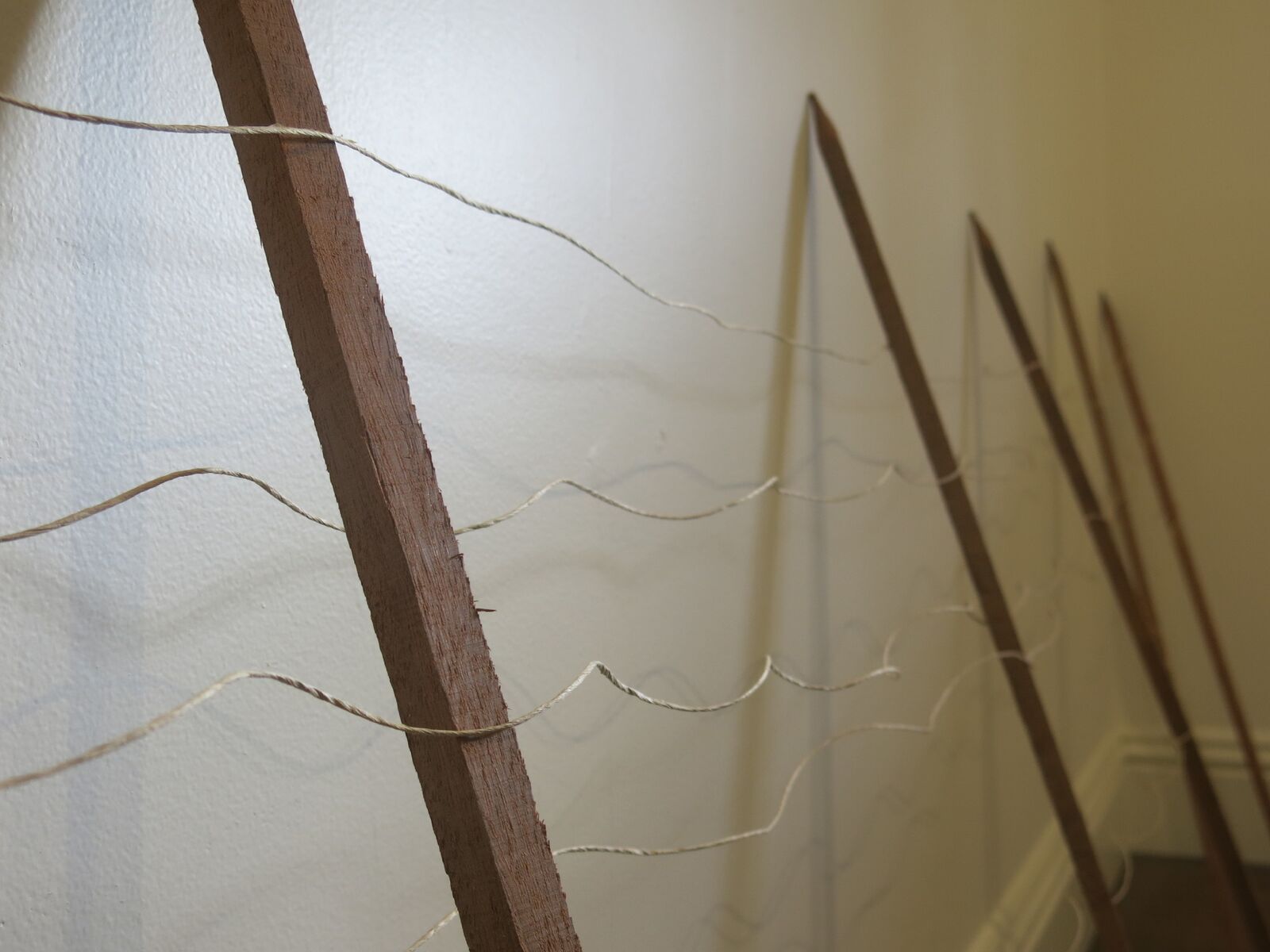
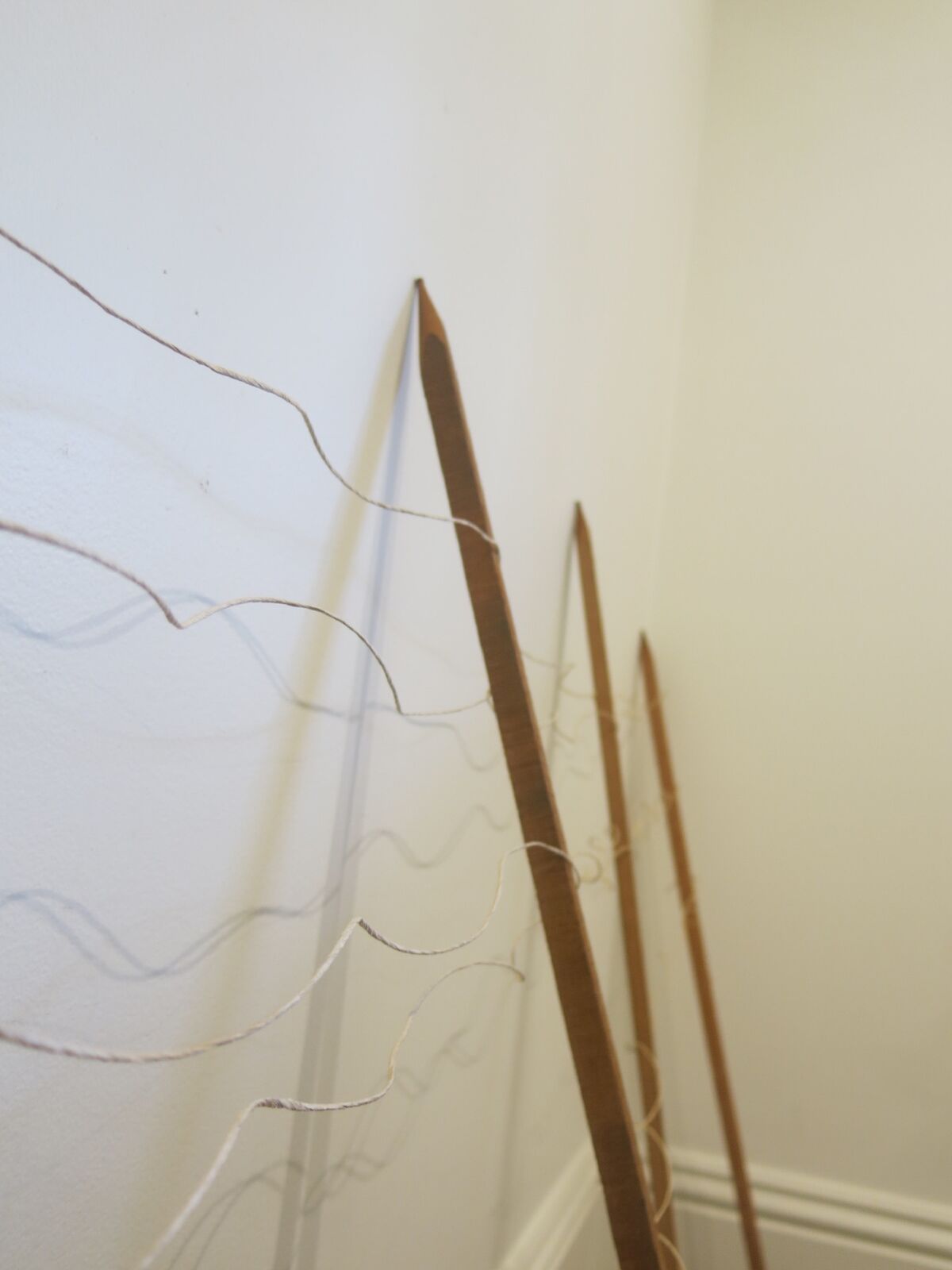
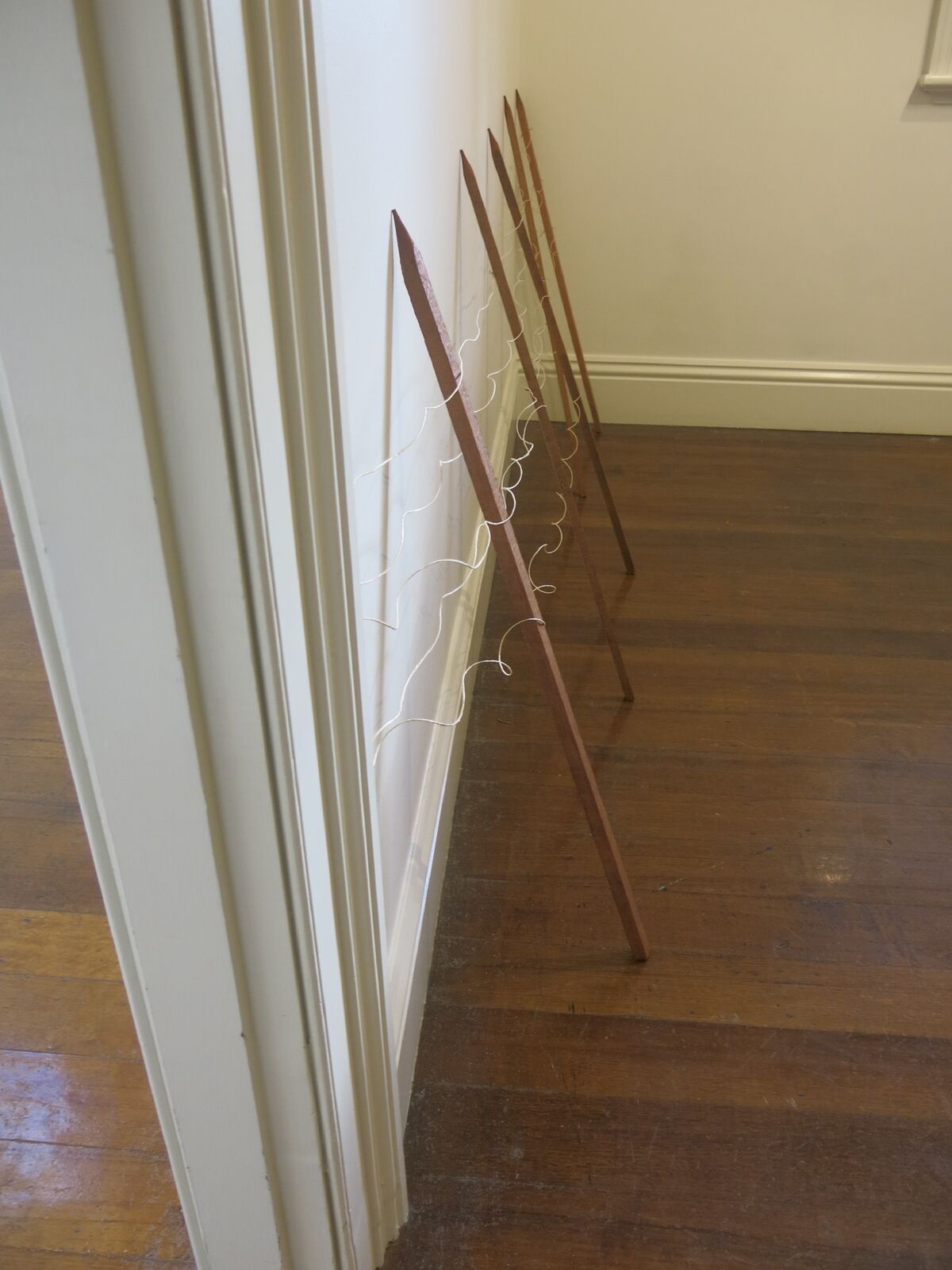
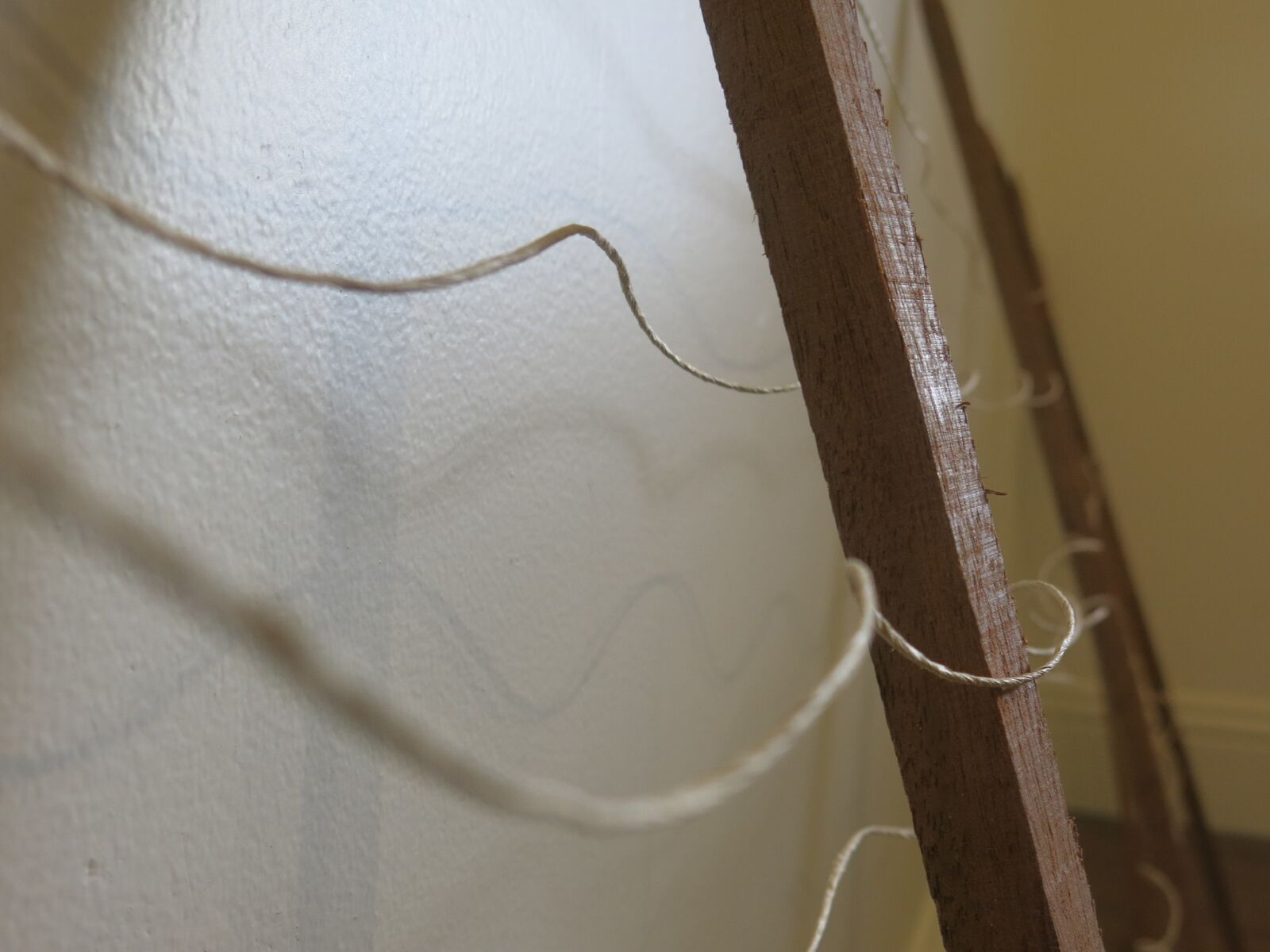
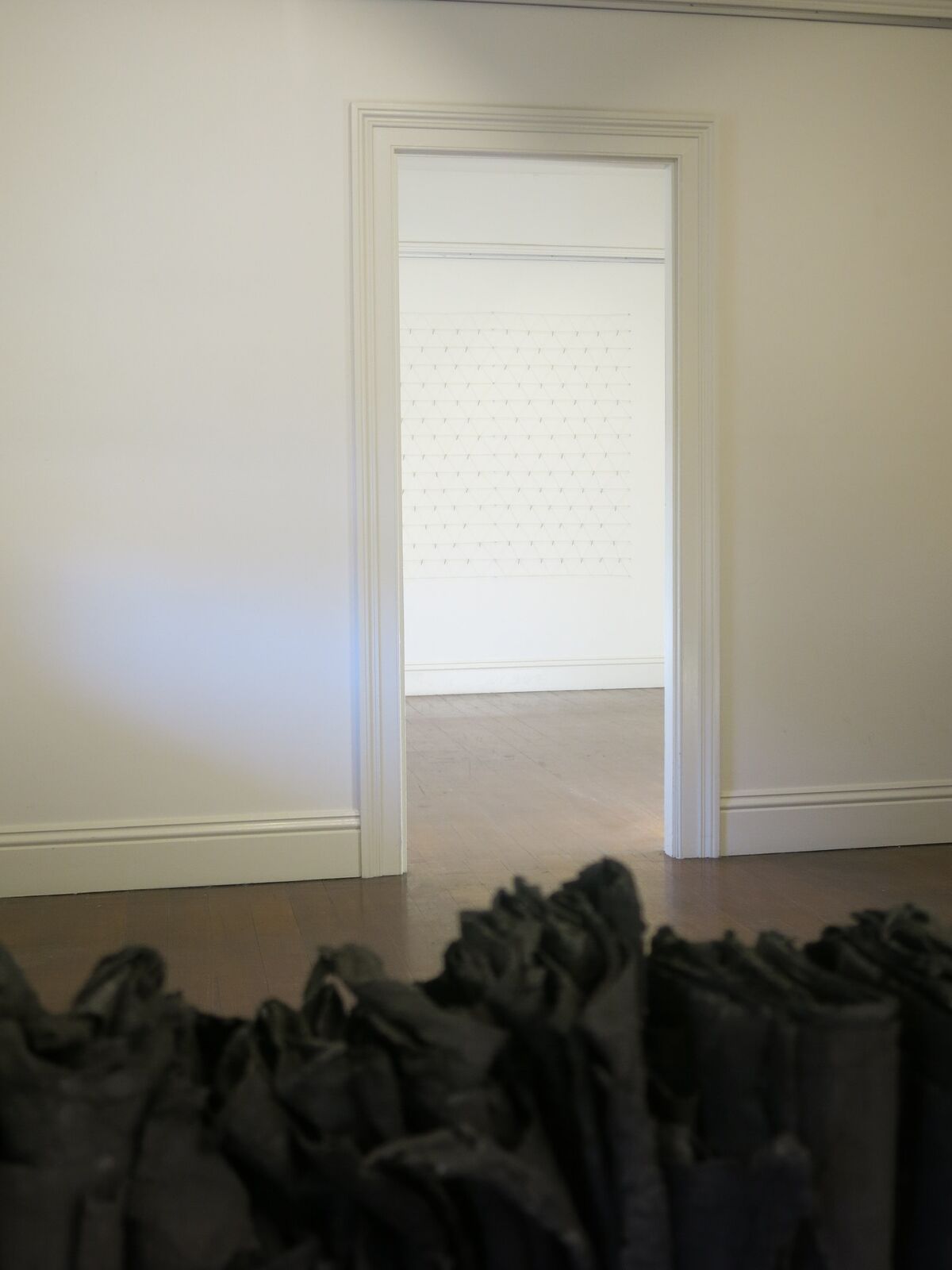
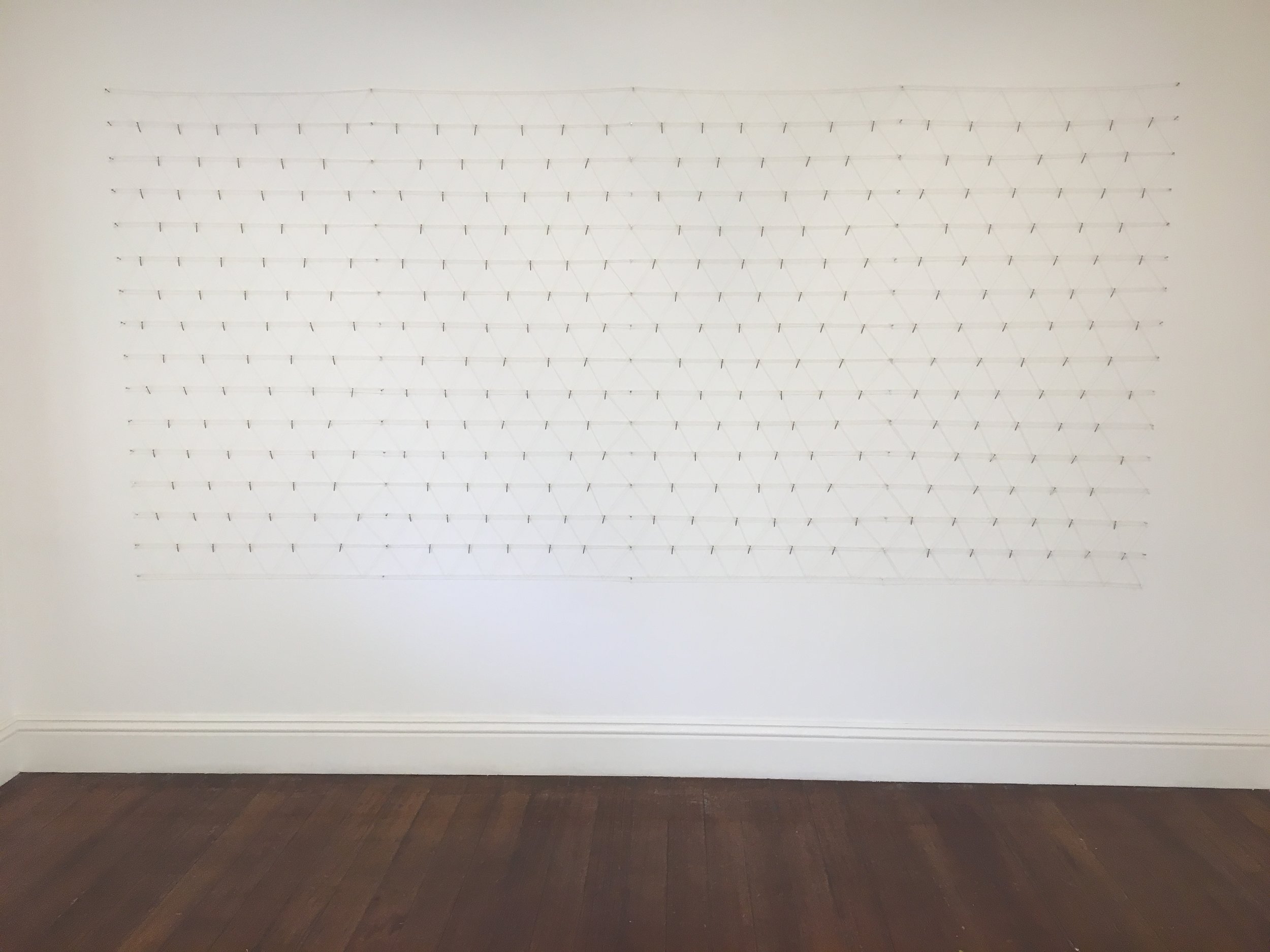
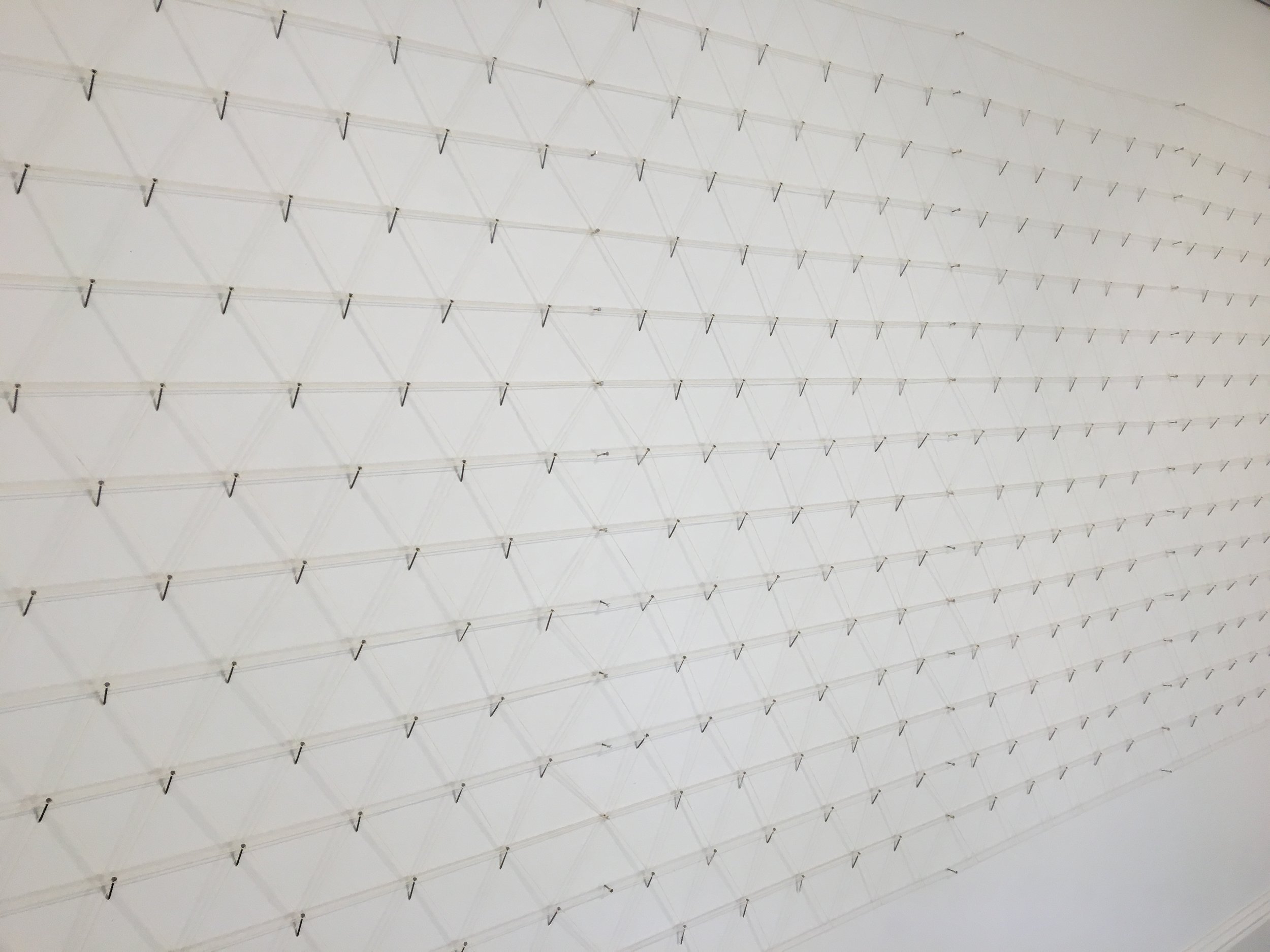


‘Residue’ explores that which remains behind after a core is lost. Brisbane based artists Ally McKay and Tess Mehonoshen depict a delicate but prevailing determination to rebuild and plough forward through loss, using material and spatial relationships to convey intimate experiences.
Both artists share an affinity to material processes, working with found and sourced materials to create minimal sculpture and installation based work. They draw out the raw potential in their materials, relying on inherent qualities; playing upon and exaggerating strengths and weaknesses to layer meaning within their work. Paying particular attention to the site-specificity of the Schoolhouse Gallery, the artists’ works seek to strike a balance between both hiding within the space, and intruding upon it.
Poetic Collaboration: Priscilla Beck
Residue: The Octopus Tree
It snowed on the mountain, but it rained in town. A hundred year rain (a hundred and twenty mls of rain). We watched from the window as the force of the wind made the water run uphill. Water streamed through the gaps between the windows and seeped in through the cracks in the wall. You braved the storm to run down the street and rescue our bins. It was a pragmatic reaction, more than a romantic reaction. A storm can be both. You probably felt you were doing a storm well. Keeping it at bay, or working within it. A small intervention. Like filling up the kettle before a flood, or watching Law and Order instead of not being able to sleep. I stayed inside, in the room with the fire, watching the rain from the window. Using up all of our firewood.
It snowed, and the rain melted the snow, so there was no snow on the mountain in the morning. The raindrops fell lightly then like flecks of shaved ice, and seemed to melt on my cheek. I wanted to walk up the mountain to see if the Octopus Tree had survived the storm, but the road was blocked along the way as lesser trees had lost their branches. There is a tree I drive past on my way to work that came down in the storm, taking with it the wire fence of a primary school oval and a telephone pole. The Octopus Tree, a giant eucalyptus anchored to the side of the mountain with roots as thick as both of us, would be the last tree to fall. Somehow it seems all the more important to check.
We begin to learn about loss and endurance as children, reading moral lessons in fables, and by watching the world. We learn that sometimes weakness is strength, that sometimes strength is in frailty, sometimes the most powerful things are also delicate and broken. The most poignant metaphors are also the most open. We are together, and we are alone.
The tree bends to the wind, more than the mountain. The grasses bend more than the tree. The Octopus Tree, with thick aerial roots, anchors itself to a boulder. It is both bound to, and exists as part of, the mountain. The tree grows to the mountain. After a while it is easier to stay than to fall.
You and I walked to the Octopus Tree soon after we first met. I still wore somebody else’s jacket. Several sizes too large, I felt enveloped and warm. It was springtime then, and the morning was cold. The sides of the mountain were dotted with small native flowers. Everything smelled of honey, and of dirt, and of rain.
Nothing so loved is ever really lost. The memory of these feelings straddle that time in between seasons, just before the first snow falls on the mountain, or just before the summer air smells sweet, like dirt and honey. Here, hope and loss twist together into a kind of nostalgia for things still to come. There are only a few things that affect us in this way, and their strength seems to depend on their absence in our lives. Or their absence in our lives until now. Things we had once, and have since lost, or had forgotten until we were reminded. A carpenter’s pencil. A fireplace. Those few days before winter or the warmth of a clay brick in the sun. Their residue in each of us.